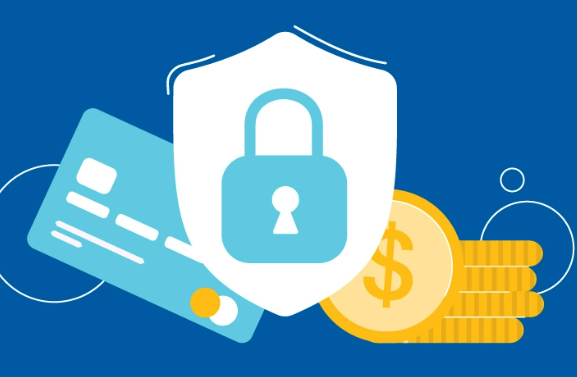In an age where online transactions are the norm, safeguarding payment card data is of utmost importance. The Payment Card Industry Data Security Standard (PCI DSS) serves as a critical framework for ensuring the secure handling of cardholder information. Let’s delve into what PCI DSS compliance entails and why it’s essential for businesses.
Understanding PCI DSS Compliance
PCI DSS is a set of security standards established by major credit card companies, including Visa, Mastercard, American Express, Discover, and JCB. The standard aims to protect cardholder data and maintain a secure payment environment. PCI DSS compliance is mandatory for any organization that processes, stores, or transmits payment card data.
The PCI DSS framework comprises twelve requirements organized into six core objectives:
- Build and Maintain a Secure Network and Systems
- Protect Cardholder Data
- Maintain a Vulnerability Management Program
- Implement Strong Access Control Measures
- Regularly Monitor and Test Networks
- Maintain an Information Security Policy
Compliance with PCI DSS involves implementing security controls, conducting regular assessments, and adhering to best practices for handling payment card data.
Why PCI DSS Compliance Matters
- Protecting Customer Trust: Consumers expect businesses to safeguard their payment card information. PCI DSS compliance demonstrates an organization’s commitment to data security, fostering trust and confidence among customers.
- Mitigating Security Risks: Non-compliance with PCI DSS exposes businesses to significant security risks, including data breaches, financial losses, and reputational damage. By adhering to the standard’s requirements, organizations can mitigate these risks and protect sensitive data.
- Meeting Regulatory Requirements: Many regulatory bodies mandate PCI DSS compliance for organizations that handle payment card data. Achieving compliance ensures adherence to industry regulations and helps avoid potential penalties and legal repercussions.
- Enhancing Business Reputation: Maintaining PCI DSS compliance enhances an organization’s reputation as a responsible steward of customer data. It can also serve as a competitive differentiator, attracting customers who prioritize security and compliance when choosing service providers.
Conclusion
PCI DSS compliance is not just a checkbox exercise but a critical component of maintaining a secure payment environment and protecting sensitive cardholder data. By adhering to the PCI DSS framework, organizations can instill trust, mitigate security risks, comply with regulatory requirements, and safeguard their reputation.
If your business processes payment card data and is seeking guidance on achieving PCI DSS compliance, partnering with experienced professionals is crucial. AuditGeeks offers comprehensive PCI DSS compliance services tailored to your organization’s needs, helping you navigate the complexities of compliance and strengthen your security posture. Contact AuditGeeks today to ensure the security and integrity of your payment card data.

